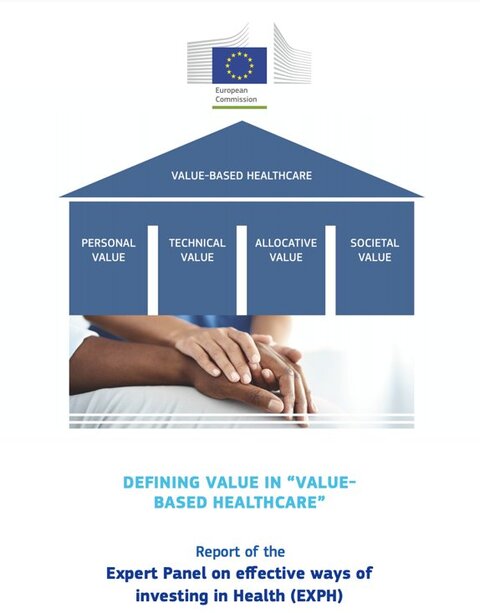Universal Health Coverage - importance of achieving value in healthcare

This is crucial in health systems that are aiming for Universal Health Coverage because the opportunity to achieve health gains will be restricted if scarce funds are devoted to poor care. The European Commission’s definition of value in healthcare incorporates four types of value: personal, technical, allocative and societal value. For a person with COPD or a society wanting to attend to COPD, these value definitions could be considered as follows:
Allocative Value - prioritising the right things to achieve population health gain. Ensuring that all available resources are considered and distributed in an equitable fashion. (e.g. access to respiratory infection vaccines benefits people with other long-term conditions as well as COPD and helps avoid inequity by disease i.e. cancer vs COPD.)
Technical Value - doing things in the right way. Ensuring that the allocated resources are used optimally (no waste) to achieve best outcomes. (e.g. Oxygen for hypoxia only, not breathlessness.)
Personal Value - ensuing that each individual patient's values and goals are used as a basis for decision-making in a way that optimises the benefits for them. (e.g. Quality vs quantity of life; benefit v risk of oxygen to me ?)
Societal Value - ensuring that the intervention in healthcare contributes to that society's values. In the European document, the examples include connectedness, social cohesion, solidarity, mutual respect, openness to diversity. (e.g. COPD care available to the poorest and most vulnerable including safe spaces to walk and exercise, smoke and air pollution free living and work spaces.)